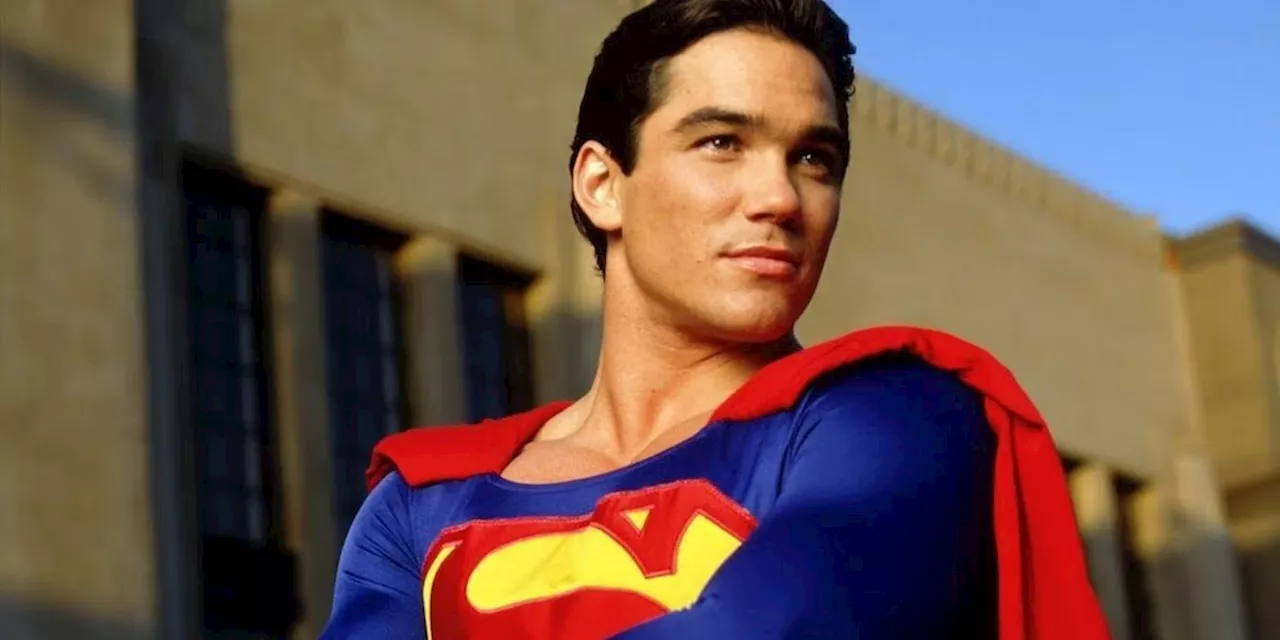Television history is marked by moments that spark debate among audiences, particularly when it comes to recasting beloved characters. Fans often struggle to accept new actors stepping into roles made famous by their predecessors. This article explores some of the most controversial recastings in TV history, highlighting the reactions of viewers and the impact on the shows themselves.
Shifting Dynamics in Iconic Roles
One of the most notable instances of recasting occurred in the long-running series Doctor Who. In 2017, Jodie Whittaker made history as the first female incarnation of the Doctor, taking over from Peter Capaldi. While many praised the move for its progressive stance, others were resistant, believing it altered the essence of the character. The controversy sparked discussions about gender representation in iconic roles and the expectations audiences place on traditional characters.
Another significant recasting was seen in the hit show The Fresh Prince of Bel-Air, which faced backlash when James Avery‘s character was replaced by a different actor in the show’s final season. Fans expressed disappointment, feeling that the show’s chemistry was disrupted. Despite the initial backlash, the series remains a classic, showcasing how audiences can eventually adapt.
Modern Recastings and Fan Reactions
In more recent times, the series The Mandalorian introduced John Boyega as a new character, which stirred debates among fans. While Boyega’s performance received positive reviews, some viewers found it difficult to separate the character from the legacy of those who came before. This illustrates the ongoing challenge faced by creators when they decide to introduce new faces into established narratives.
Another controversial moment arose with the revival of Roseanne in 2018. The show faced major backlash when Roseanne Barr was replaced due to off-screen controversies. The character’s absence was felt deeply, with many questioning whether the reboot could sustain its charm without its original lead. Despite the odds, the reboot continued under the title The Conners, proving that while recasting can be divisive, it can also lead to new opportunities.
The dynamics of recasting are not limited to dramas or comedies. In the realm of reality television, when judges or hosts are replaced, fan reactions can be equally polarized. For instance, The Office saw the departure of key characters, which left viewers divided on whether the series could maintain its unique humor and appeal.
These examples highlight that while recasting may be a necessary choice for production teams, the emotional connection that audiences have with their favorite characters can lead to significant backlash. The debate around recasting continues to fuel discussions about representation, authenticity, and the evolving nature of television storytelling.
In conclusion, the world of television is ever-changing, and recasting is often a topic that generates passionate responses. The legacies of characters like those in Doctor Who and The Fresh Prince of Bel-Air remind us of the lasting impact these shows have on their audiences. As creators navigate the complexities of recasting, it is clear that the bond between viewers and their beloved characters remains a powerful force in the entertainment industry.





































































